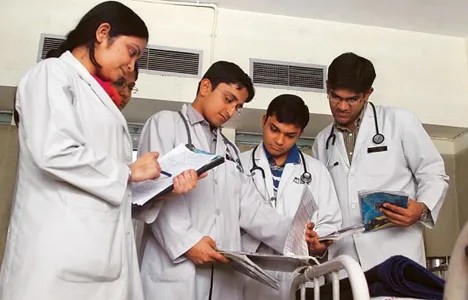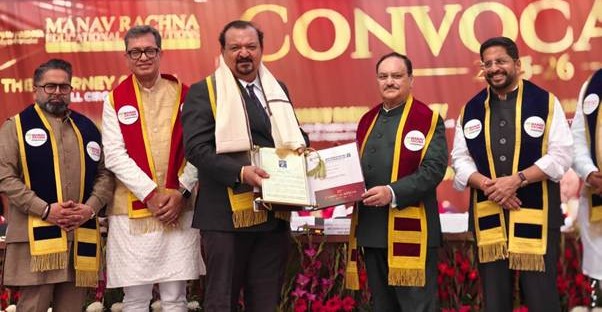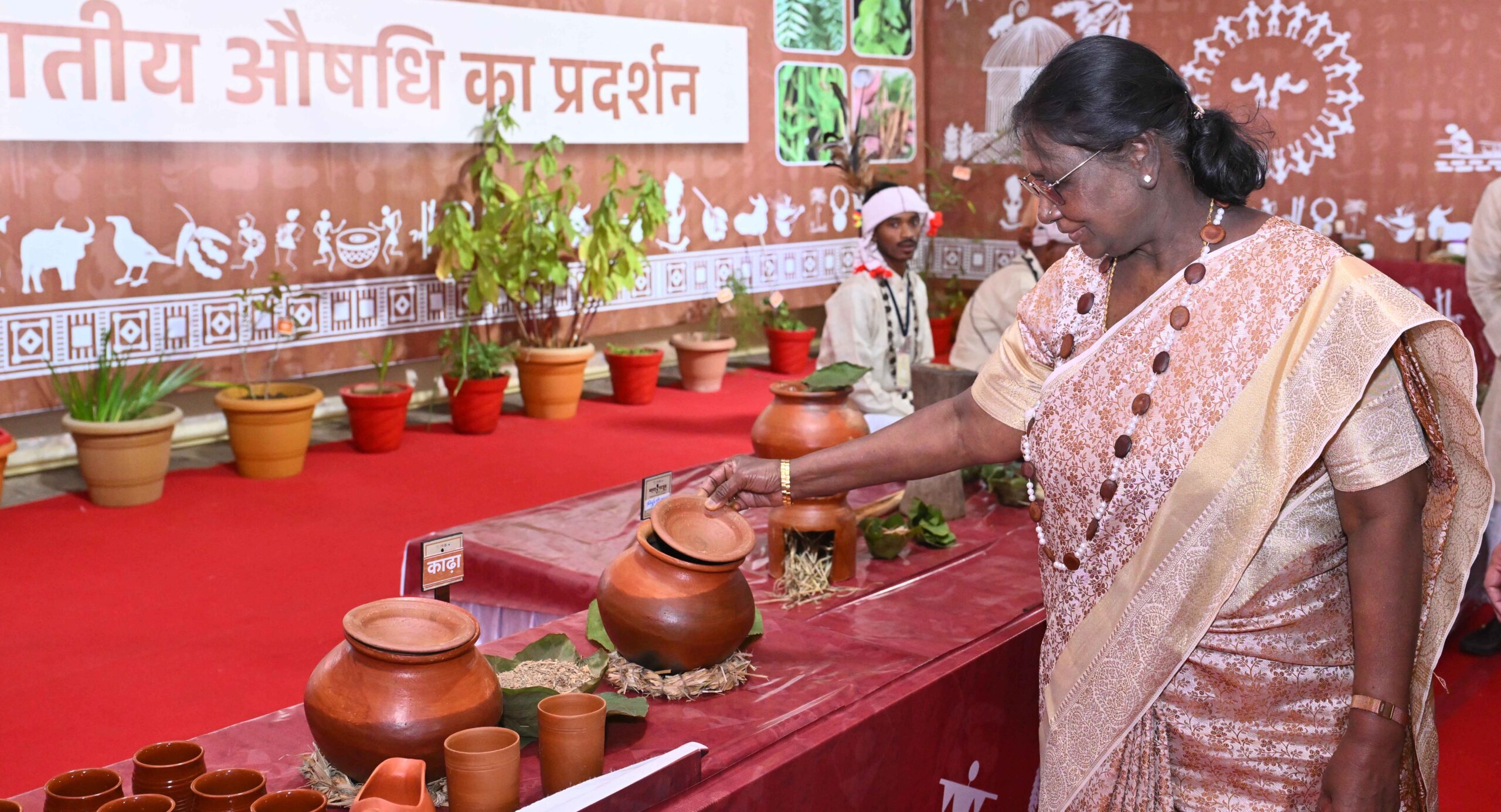Medical Education Push: 10023 MBBS and MD Seats to Enhance Faculty Base and Improve Healthcare Access

While the expansion is ambitious, challenges remain in terms of faculty recruitment, infrastructure upgrades, and maintaining quality standards.
New Delhi, September 28: With the Union government approving the addition of 10,023 MBBS and MD seats, India is set for one of the largest expansions in medical education, aimed at strengthening faculty availability and improving access to healthcare across underserved regions.
The scheme, cleared by the Union Cabinet on September 24, has a budget of ₹15,034 crore over four years, of which the Centre will contribute ₹10,303 crore and the states ₹4,731 crore. The expansion includes 5,000 postgraduate seats and 5,023 undergraduate seats and is part of the government’s broader ambition of creating 75,000 additional medical seats over the next five years.
The move comes at a time when India continues to face shortages of trained doctors and specialists, especially in rural and underserved areas. By leveraging existing infrastructure, the plan is expected to expand capacity in a cost-effective way, generate new employment opportunities and ensure a more equitable distribution of medical professionals across the country.
India’s medical education system has already seen dramatic growth in the past decade. The country now has 808 medical colleges, up from 387 in 2013-14, and an intake capacity of 1,23,700 MBBS seats. Over this period, 69,352 MBBS seats and 43,041 postgraduate seats were added, while 22 new AIIMS institutes have also been approved to boost tertiary healthcare and medical education.
To support this rapid expansion, the National Medical Commission notified new Medical Institution (Qualifications of Faculty) Regulations in July 2025. These changes relax rigid norms and expand the pool of eligible teachers. For example, government specialists with 10 years of experience can now be appointed as Associate Professors and those with two years of experience as Assistant Professors, even without mandatory senior residency, provided they complete a biomedical research course within two years.
Senior consultants with three years of teaching experience in recognised government institutions can now be elevated to Professors. Non-teaching government hospitals with over 220 beds may also be designated as teaching institutions, while new colleges can start undergraduate and postgraduate courses simultaneously.
Departments such as Microbiology and Pharmacology may now hire faculty with MSc-PhD qualifications, and super-specialty qualified faculty can be formally posted to their relevant departments.
While the expansion is ambitious, challenges remain in terms of faculty recruitment, infrastructure upgrades, and maintaining quality standards. However, the initiative is expected to improve doctor-patient ratios, strengthen healthcare in underserved regions, and reduce the need for medical tourism. It represents a significant step toward ensuring affordable, accessible, and high-quality healthcare for all citizens.








